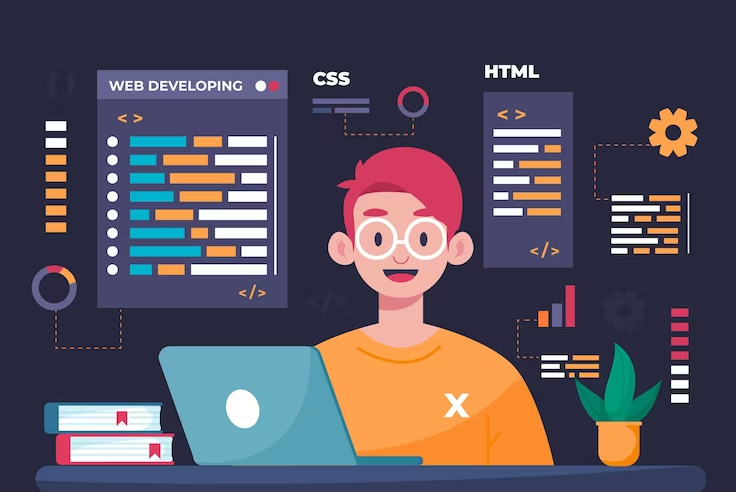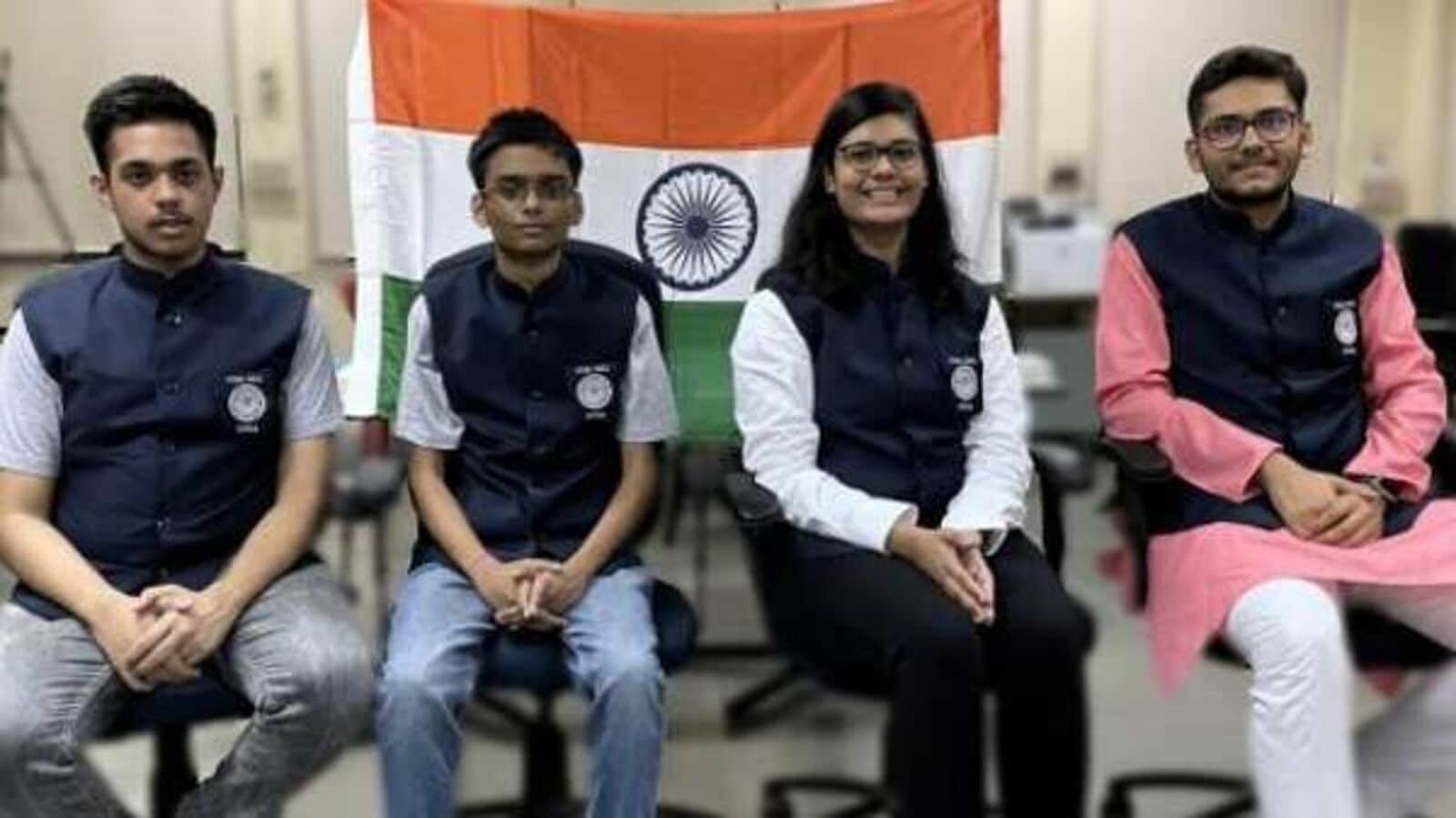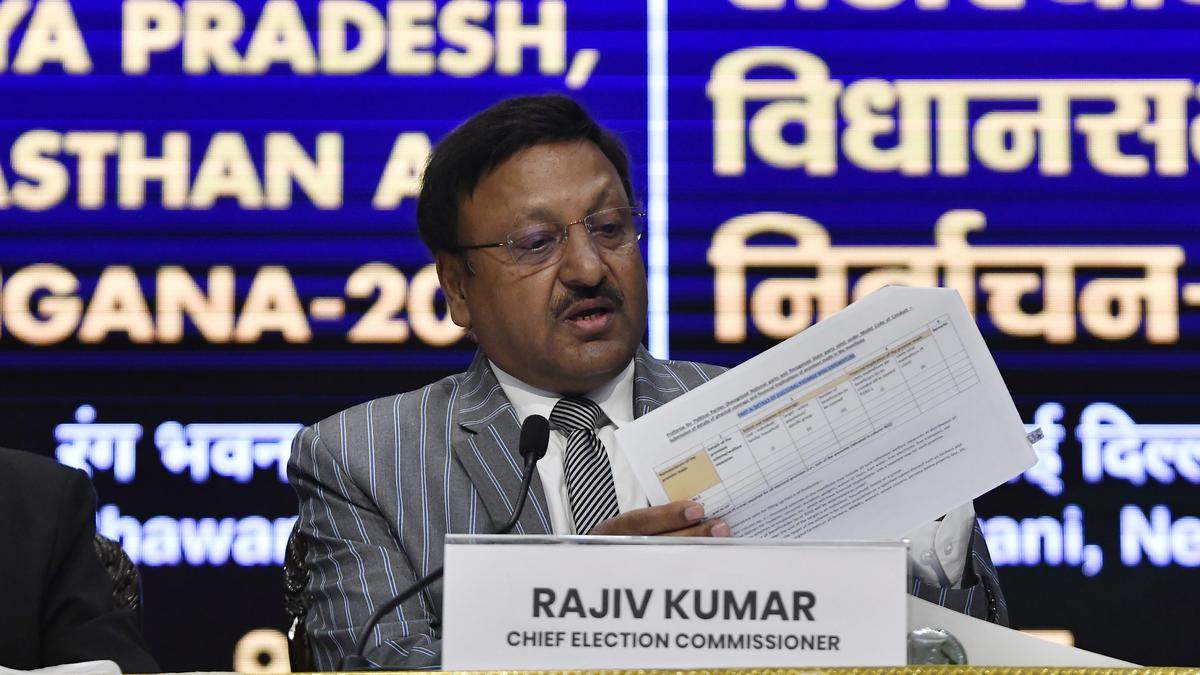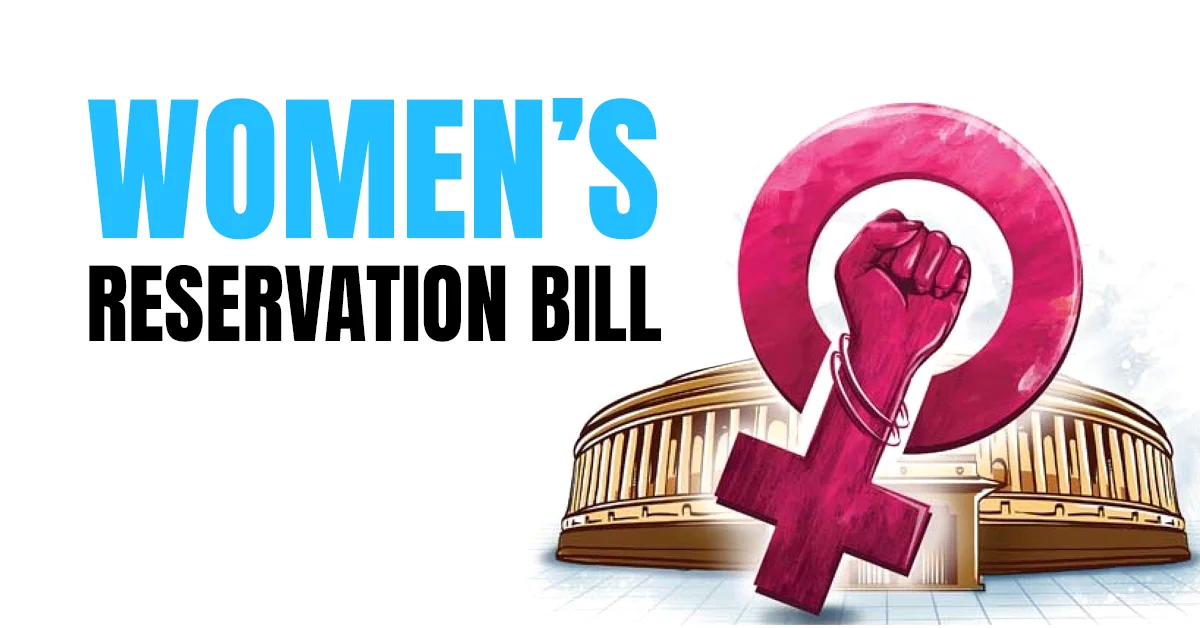EduTech Startup Offers Free Coding Bootcamps
Posted On July 11, 2025

In a significant boost to digital literacy and employability, a growing number of EduTech startups in India are stepping up to offer free coding bootcamps, particularly targeting aspiring tech professionals and individuals from underserved backgrounds. This trend reflects a crucial shift in the landscape of technical education, moving away from traditional, often expensive, degree programs towards accelerated, skill-focused training designed to meet the immediate demands of the booming technology industry. These free bootcamps are not just about learning code; they are about democratizing access to high-paying tech careers and fostering a new generation of digital creators and innovators.
The impetus behind this surge in free coding bootcamps is multi-faceted. India's vibrant startup ecosystem and its rapid digital transformation have created an unprecedented demand for skilled software developers, data scientists, and cybersecurity experts. Traditional educational institutions, while valuable, often struggle to produce graduates with industry-ready skills at the pace required by the market. This gap is precisely what coding bootcamps aim to fill. However, the cost of many high-quality bootcamps can still be prohibitive for a large segment of the population. Free bootcamps emerge as a powerful solution to this accessibility challenge, allowing individuals from diverse socio-economic strata to acquire in-demand skills without financial burden.
These free coding bootcamps typically focus on practical, hands-on learning, emphasizing project-based curricula that simulate real-world development environments. Participants are immersed in intensive programs that cover foundational programming languages like Python, JavaScript, HTML, and CSS, along with popular frameworks and tools relevant to web development (front-end and back-end), mobile app development, data analysis, and sometimes even artificial intelligence and machine learning fundamentals. The duration of these bootcamps can vary from a few weeks to several months, designed to provide a rapid pathway to entry-level tech roles.
A key player in this space is DevTown, an EduTech startup that has gained significant traction for its extensive free bootcamp offerings. DevTown has reportedly conducted over 500 bootcamps and engaged over 1 million students through various initiatives. They often offer short, intensive programs, such as "7 Days Free Instagram Clone Bootcamp," sometimes coupled with free certifications from major tech companies like Amazon. Their model focuses on flexible learning with real-time support and industry-level projects crafted by experts. This approach resonates particularly well with individuals seeking to upskill or reskill without disrupting their current commitments.
Beyond DevTown, other global platforms and non-profit initiatives also contribute significantly to the free coding education landscape, with a strong presence or impact in India. Platforms like freeCodeCamp offer comprehensive, self-paced certification programs in responsive web design, JavaScript algorithms, front-end development libraries, and more, all available for free. Codecademy provides a basic free plan with access to over 40 courses, including introductory classes for various programming languages, along with projects, quizzes, and AI-generated feedback. While not exclusively Indian startups, their free resources are widely utilized by aspiring coders across the country.
The benefits of these free coding bootcamps for job seekers are substantial. Firstly, they democratize access to tech education, breaking down financial barriers that often prevent talented individuals from pursuing high-growth careers. This is particularly crucial for underprivileged youth and those from non-technical backgrounds. Secondly, they provide in-demand skills in a condensed timeframe, allowing participants to gain practical knowledge and build a portfolio much faster than through traditional degree programs. This speed to market is a major advantage in the fast-evolving tech industry. Thirdly, many of these bootcamps offer career support, including resume building, interview preparation, and networking opportunities, which significantly improve placement rates into entry-level developer, web developer, or software engineering roles.
Furthermore, these bootcamps foster essential soft skills such as problem-solving, critical thinking, collaboration, and resilience. The project-based learning environment encourages participants to debug errors, work in teams, and manage projects, mirroring the demands of a professional tech role. This holistic development ensures that graduates are not just technically proficient but also possess the interpersonal and cognitive skills necessary to thrive in dynamic work environments.
However, challenges persist. While the "free" aspect is a powerful draw, the quality and depth of instruction can vary. Some free bootcamps might serve as introductory programs to upsell paid courses. Ensuring that participants have access to adequate digital infrastructure (laptops, stable internet) remains a hurdle in remote areas. Moreover, while these bootcamps provide foundational skills, continuous learning and specialization are crucial for long-term career growth in the tech sector. The onus often falls on the individual to leverage the free training as a springboard for further self-learning and professional development.
Despite these challenges, the proliferation of EduTech startups offering free coding bootcamps marks a transformative period for skill development in India. By making high-quality tech education accessible to a wider demographic, these initiatives are directly contributing to the nation's digital transformation, fostering innovation, and creating a more inclusive and skilled workforce. As India continues its journey towards becoming a global technology hub, these free bootcamps will play an increasingly vital role in empowering its youth and bridging the demand-supply gap in the tech talent market.
The impetus behind this surge in free coding bootcamps is multi-faceted. India's vibrant startup ecosystem and its rapid digital transformation have created an unprecedented demand for skilled software developers, data scientists, and cybersecurity experts. Traditional educational institutions, while valuable, often struggle to produce graduates with industry-ready skills at the pace required by the market. This gap is precisely what coding bootcamps aim to fill. However, the cost of many high-quality bootcamps can still be prohibitive for a large segment of the population. Free bootcamps emerge as a powerful solution to this accessibility challenge, allowing individuals from diverse socio-economic strata to acquire in-demand skills without financial burden.
These free coding bootcamps typically focus on practical, hands-on learning, emphasizing project-based curricula that simulate real-world development environments. Participants are immersed in intensive programs that cover foundational programming languages like Python, JavaScript, HTML, and CSS, along with popular frameworks and tools relevant to web development (front-end and back-end), mobile app development, data analysis, and sometimes even artificial intelligence and machine learning fundamentals. The duration of these bootcamps can vary from a few weeks to several months, designed to provide a rapid pathway to entry-level tech roles.
A key player in this space is DevTown, an EduTech startup that has gained significant traction for its extensive free bootcamp offerings. DevTown has reportedly conducted over 500 bootcamps and engaged over 1 million students through various initiatives. They often offer short, intensive programs, such as "7 Days Free Instagram Clone Bootcamp," sometimes coupled with free certifications from major tech companies like Amazon. Their model focuses on flexible learning with real-time support and industry-level projects crafted by experts. This approach resonates particularly well with individuals seeking to upskill or reskill without disrupting their current commitments.
Beyond DevTown, other global platforms and non-profit initiatives also contribute significantly to the free coding education landscape, with a strong presence or impact in India. Platforms like freeCodeCamp offer comprehensive, self-paced certification programs in responsive web design, JavaScript algorithms, front-end development libraries, and more, all available for free. Codecademy provides a basic free plan with access to over 40 courses, including introductory classes for various programming languages, along with projects, quizzes, and AI-generated feedback. While not exclusively Indian startups, their free resources are widely utilized by aspiring coders across the country.
The benefits of these free coding bootcamps for job seekers are substantial. Firstly, they democratize access to tech education, breaking down financial barriers that often prevent talented individuals from pursuing high-growth careers. This is particularly crucial for underprivileged youth and those from non-technical backgrounds. Secondly, they provide in-demand skills in a condensed timeframe, allowing participants to gain practical knowledge and build a portfolio much faster than through traditional degree programs. This speed to market is a major advantage in the fast-evolving tech industry. Thirdly, many of these bootcamps offer career support, including resume building, interview preparation, and networking opportunities, which significantly improve placement rates into entry-level developer, web developer, or software engineering roles.
Furthermore, these bootcamps foster essential soft skills such as problem-solving, critical thinking, collaboration, and resilience. The project-based learning environment encourages participants to debug errors, work in teams, and manage projects, mirroring the demands of a professional tech role. This holistic development ensures that graduates are not just technically proficient but also possess the interpersonal and cognitive skills necessary to thrive in dynamic work environments.
However, challenges persist. While the "free" aspect is a powerful draw, the quality and depth of instruction can vary. Some free bootcamps might serve as introductory programs to upsell paid courses. Ensuring that participants have access to adequate digital infrastructure (laptops, stable internet) remains a hurdle in remote areas. Moreover, while these bootcamps provide foundational skills, continuous learning and specialization are crucial for long-term career growth in the tech sector. The onus often falls on the individual to leverage the free training as a springboard for further self-learning and professional development.
Despite these challenges, the proliferation of EduTech startups offering free coding bootcamps marks a transformative period for skill development in India. By making high-quality tech education accessible to a wider demographic, these initiatives are directly contributing to the nation's digital transformation, fostering innovation, and creating a more inclusive and skilled workforce. As India continues its journey towards becoming a global technology hub, these free bootcamps will play an increasingly vital role in empowering its youth and bridging the demand-supply gap in the tech talent market.












